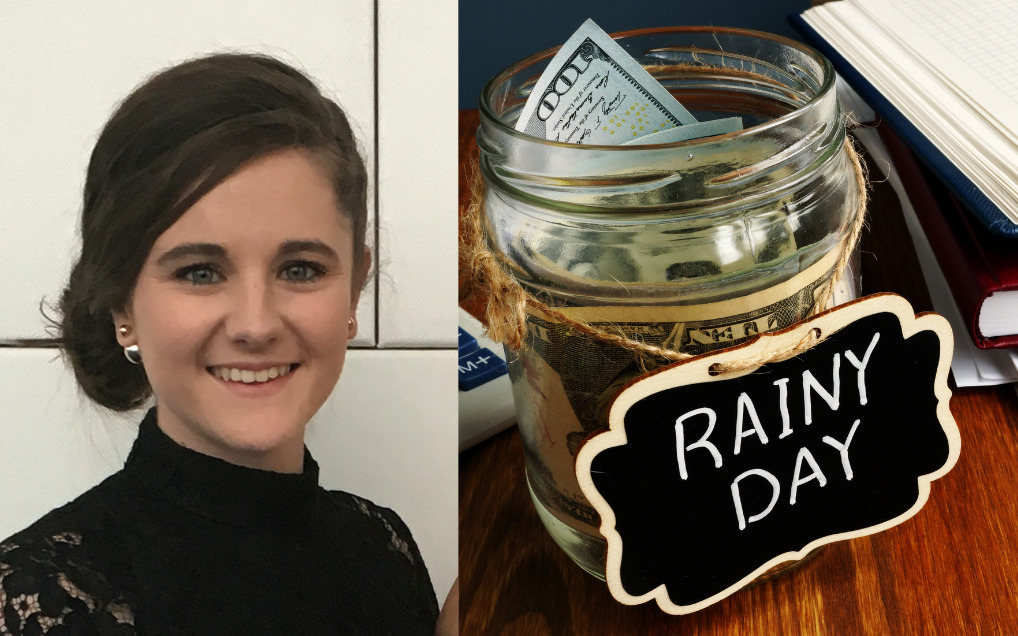It’s almost the new financial year, which means it’s time to complete your business forecasting, create your budget and get focused on your strategic priorities.
Question: In your planning this year have you allocated any money or time for building disaster resilience in your business?
While disaster resilience may not seem as urgent as buying a new laptop or answering customer enquiries, there are so many compound disasters occurring now that it pays to plan ahead.
It’s not a question of if a disaster will occur – it’s simply a question of when.
Investing in resilience saves you time and money
Did you know that for every $1 invested in disaster resilience before a disaster occurs will save you $7-11 after a disaster?
Kaitlin’s Administration in Goulburn is a micro-business that helps other businesses and individuals with administration. Kaitlin regularly puts aside money for a ‘rainy day fund’ when funds are available, as well as setting aside time towards building disaster resilience.
“I’m a sole trader, so if I wasn’t able to work then I need the funds in the interim period to pay the bills.”
“I also have policies and procedures written so that even my partner can step in to do tasks like sending messages out to clients. And as I work from home, being in a rural area we have a fire safety plan in place.”
Here are some other ideas to help you build disaster resilience into your business planning.
Set aside a proportion of your revenue to:
- upskilling the knowledge and skills of your staff;
- buy a backup generator in case the power goes out;
- purchase cloud storage for your important files and documents; or
- buy a prepaid mobile dongle in case your wifi is disconnected.
Also, spending time to build your business resilience before a disaster will mean that you’re not scrambling for stopgap measures in the middle of or after a disaster.
For instance you could dedicate time to:
- researching alternative suppliers;
- researching a new income stream;
- reviewing your insurance documents; or
- attending business network events regularly.
There are also small things that you can do that don’t cost much, but contribute to community preparedness:
- saying hello to your business neighbours regularly;
- joining your local business chamber;
- notice if your employees, customers or suppliers are going through a tough time from a mental health perspective and be a listening ear or direct them to further support.
Kaitlin says: “If you can afford to put money away, put money away, and definitely have some policies and procedures in place to help other people that you work for. If you have something in place that people can rely on, or training that they’ve done to be confident in a situation should it arise, you’re much better off in the long run.”
corporate2community is a certified social enterprise with a collective of local and international experts providing solutions to businesses, communities and governments – before, during and after natural and unnatural disasters.
Read more about the solutions we offer here.


Recent Comments